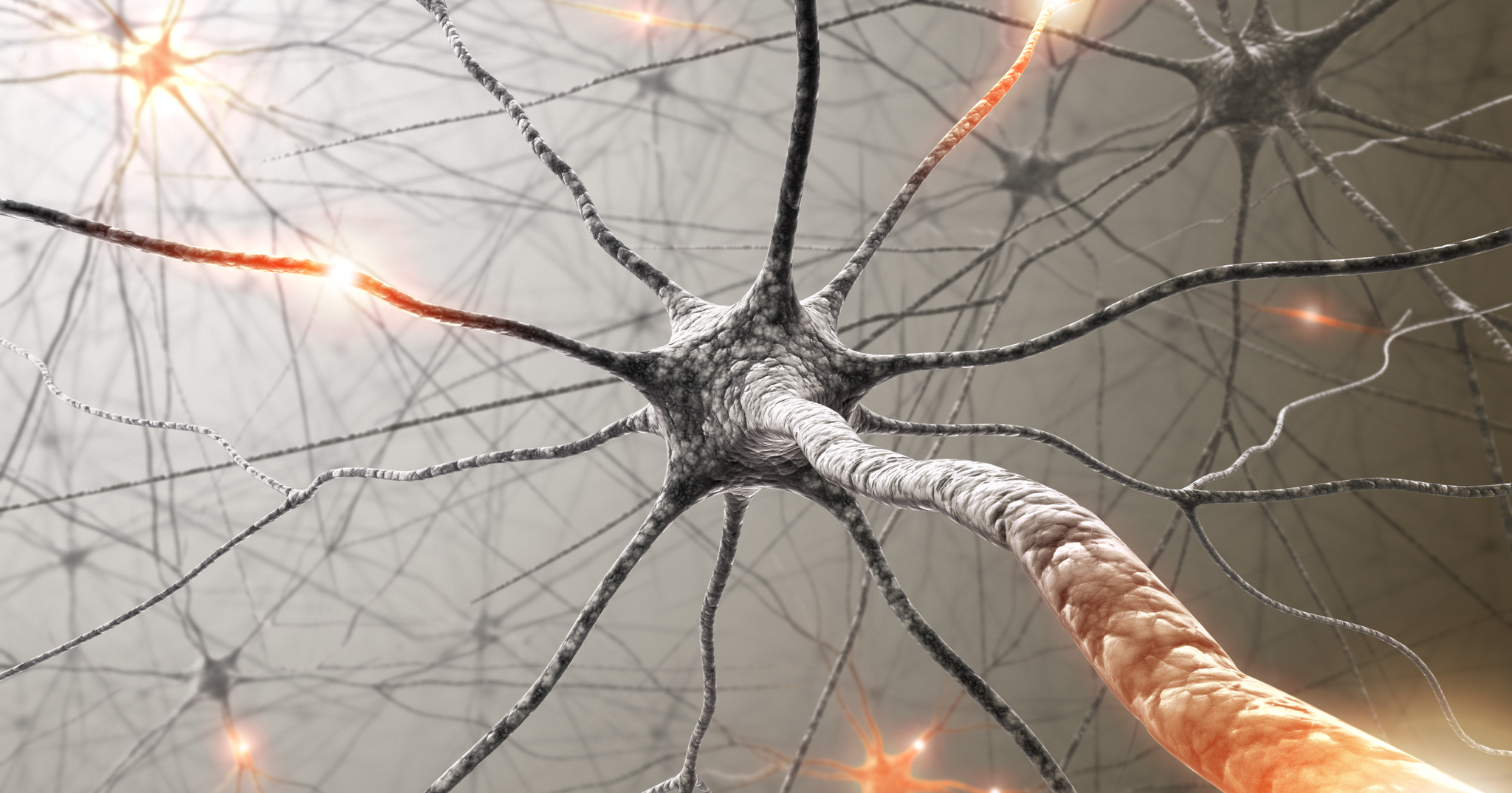Tag: Research
-

Toxic Genetic Material’s Origins Discovered
A Northwestern Medicine study found a novel chemical transformation in the formation of colibactin, a toxic agent produced by gut bacteria, including certain strains of E. Coli.
-

Understanding Key Enzyme’s Role in Embryonic Development
A new Northwestern Medicine study reveals surprising findings about an enzyme called Set1A and its function in embryonic stem cell self-renewal and differentiation.
-

HIV Infection Hijacks Intracellular Highways
A Northwestern Medicine study found the human immunodeficiency virus uses proteins called diaphanous-related formins to hijack the cytoskeleton of healthy cells.
-

Research Progresses on $3.5M HRSA Grant
Several research projects focused on addressing gaps in the medical care of diverse populations are underway at the Center for Primary Care Innovation, funded by a $3.5 million grant from the Health Resources and Services Administration.
-

Annual Driskill Day Celebrates DGP Students and Faculty
At Driskill Day, students, alumni and faculty gathered to showcase research and celebrate excellence throughout the Driskill Graduate Program in Life Sciences.
-

Kalb Named Inaugural Les Turner ALS Research and Patient Center Director
Robert Kalb, MD, has been named to lead the Les Turner ALS Research and Patient Center at Northwestern Medicine, as the center’s inaugural director.
-

Incoming PhD Students Arrive on Campus
Feinberg recently welcomed dozens of new PhD students to campus, including students in the Driskill Graduate Program in the Life Sciences and the Northwestern University Interdepartmental Neuroscience Program.
-

Scientists Discover Novel Mechanism Underlying ALS and Related Dementia
A study has identified a new mechanism for how a gene mutation leads to the death of neurons in amyotrophic lateral sclerosis and a related form of dementia.
-

Advancing Discovery Through Cutting-Edge Genomic Technologies
Xinkun Wang, PhD, director of the NUSeq Core Facility, supports the research of scientists throughout the medical school with the latest genomic technologies, including next-generation sequencing.
-

Brain Rewiring in Parkinson’s Disease May Contribute to Abnormal Movement
A study published in Neuron suggests the brain’s own compensatory mechanisms contribute to the debilitating motor symptoms of Parkinson’s disease.






